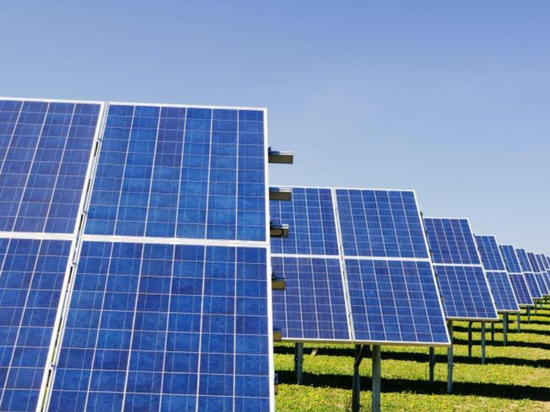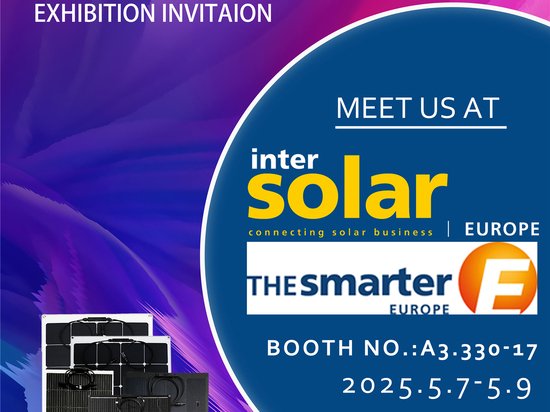
#Industry News
Residential storage emerging as growing niche market in France
France Residential storage
The European residential storage battery market has grown significantly during the energy crisis, but it has remained relatively small in France. Nevertheless, battery manufacturers expect higher demand due to rising electricity prices.
SolarPower Europe says the number of battery energy storage systems (BESS) in residential buildings throughout Europe jumped from 650,000 installations in 2021 to more than 1 million in 2022. This is a sharp rise, largely driven by jump in energy prices since the start of the war in Ukraine. And the number of households that have batteries coupled with solar installations in Europe is expected to triple to 3.5 million by 2026, according to the solar trade group.
Market growth is driven by five countries – Germany, Italy, Austria, the United Kingdom, and Switzerland – but France is still lagging behind.
“Compared to other countries in which we are present, France remains a niche market,” said Lars Brinkmeyer, international sales manager for German battery manufacturer Kostal, in an interview with pv magazine France.
French market research firm LCP Delta reports that approximately 566,000 homes in France had PV systems by the end of 2022, with around 2 GW of capacity. Among these systems, only 1,000 were equipped with home storage batteries, with average capacities of 4 kW. In comparison, Germany installed 220,000 new residential batteries in 2022, totaling a combined capacity of 1.2 GW/1.9 GWh, according to data from the University of Aachen.
“In France, electricity prices, which are around €0.20/kWh, remain lower than the levels observed in other European countries,” Arthur Jouannic, France director for LCP Delta, told pv magazine France. “In addition, the government has capped the increase in regulated electricity prices in 2022 at 4%, which has limited the impact of the energy crisis for individuals.”
In addition, the current prices of “solar-plus-battery” systems need to be correlated with the lack of incentives. Business-to-consumer installers quote prices that can reach up to €30,000 ($32,570) for a 6 kW PV system with a battery.
“As the price of electricity remains low, the return on investment of such a purchase is eight, 10, even 12 years,” said Jouannic. “In addition, interest rates are high, which makes leasing offers unattractive.”
It appears that these high prices exclude rational purchases. Only the wealthiest households wishing to participate in the energy transition tend to equip themselves.
However, Kostal has sensed a shift in the market in recent months.
“This winter, when the French government mentioned possible power cuts, we saw an increase in consumer interest in this type of system,” said Brinkmeyer.
Kostal plans to also launch a new generation of residential inverters by the end of this year, with capacities ranging from 3 kW to 20 kW. They will be scalable and configurable, with or without batteries.
“Thus, if demand in France intensifies, installers can easily add storage batteries to existing photovoltaic installations,” added Brinkmeyer.
Enphase introduced a lithium iron phosphate (LFP) battery storage solution in the French market in April. With the expected increase in electricity prices, the US group aims to promote storage solutions to installers and individuals.
“In France, only five out of 100 photovoltaic installations are equipped with a battery,” said Maâty Bouanane, Enphase’s France sales manager, during an interview with pv magazine France in March, noting that in Germany, this rate is 80%. “The French market is therefore in its infancy, but it is the right time to allow installers to familiarize themselves with these technologies, which are very simple to implement.”
Installers will need to undergo certifying training provided by Enphase to be qualified for battery installation.
In contrast, the market for residential heat pumps in France is experiencing significant growth. In 2022, approximately 550,000 heat pumps were sold, including 346,700 air/water heat pumps. This surge can be attributed to the implementation of the RE2020 directive on Jan. 1, 2022, which mandates that the total primary energy consumption (including heating, domestic hot water, electricity for lighting and appliances) remains below 100 kWh/m² per year.
“The heat pump market is mature in France, the very extensive offer of distributors and government incentives, via direct aid and tax credits, encourage individuals to equip themselves,” said Jouannic.
LCP Delta expects more than 1 million heat pump installations per year.
“It would seem that developers prefer photovoltaic solar heat pumps for new constructions, because the carbon intensity of electricity in France is not high,” said LCP Delta. “However, in a second step we expect the market for heat pumps in private homes to be a vector of growth for rooftop photovoltaics, asthis coupling is a logical continuation.”







